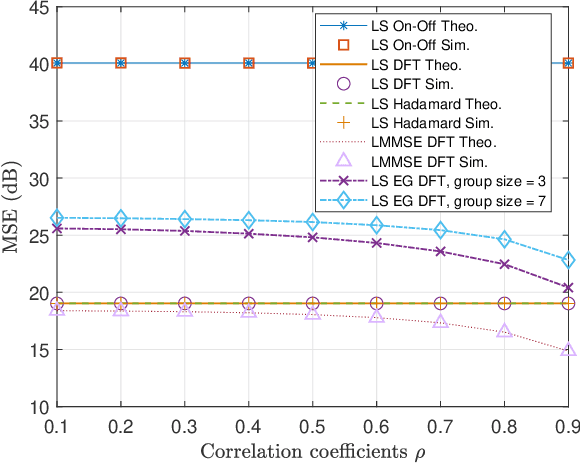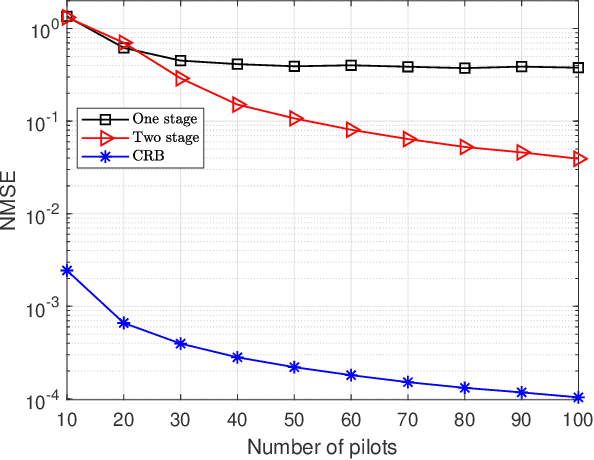An Overview of Signal Processing Techniques for RIS/IRS-aided Wireless Systems
Paper and Code
Dec 15, 2021



In the past as well as present wireless communication systems, the wireless propagation environment is regarded as an uncontrollable black box that impairs the received signal quality, and its negative impacts are compensated for by relying on the design of various sophisticated transmission/reception schemes. However, the improvements through applying such schemes operating at two endpoints (i.e., transmitter and receiver) only are limited even after five generations of wireless systems. Reconfigurable intelligent surface (RIS) or intelligent reflecting surface (IRS) have emerged as a new and revolutionary technology that can configure the wireless environment in a favorable manner by properly tuning the phase shifts of a large number of quasi passive and low-cost reflecting elements, thus standing out as a promising candidate technology for the next-/sixth-generation (6G) wireless system. However, to reap the performance benefits promised by RIS/IRS, efficient signal processing techniques are crucial, for a variety of purposes such as channel estimation, transmission design, radio localization, and so on. In this paper, we provide a comprehensive overview of recent advances on RIS/IRS-aided wireless systems from the signal processing perspective. We also highlight promising research directions that are worthy of investigation in the future.
 Add to Chrome
Add to Chrome Add to Firefox
Add to Firefox Add to Edge
Add to Edge